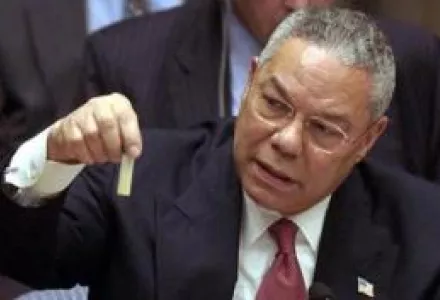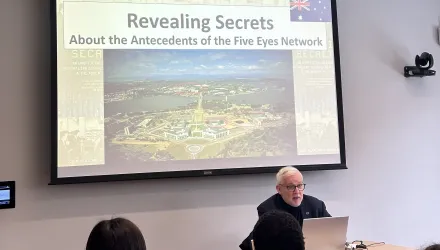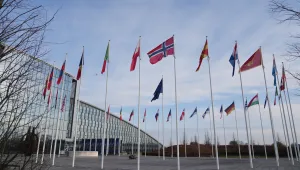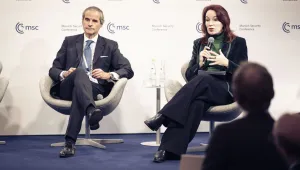"Merchants of Menace": Extra-factual Sources of Threat Conception and Proliferation
When uncertainty is high, and verifiable facts are inconvenient or few, how do individuals learn about what to fear and how to respond to the threats they have identified? In this seminar, Professor Greenhill will demonstrate that across time and space, during the Internet era as well as long before it, some distinct and oft replicated patterns are discernable, whereby invented, embellished or simply unverified sources of security-related information materially inform and influence real world foreign and defense policy formulation and implementation.
Please join us! Coffee and tea provided. Everyone is welcome, but admittance will be on a first come–first served basis.




